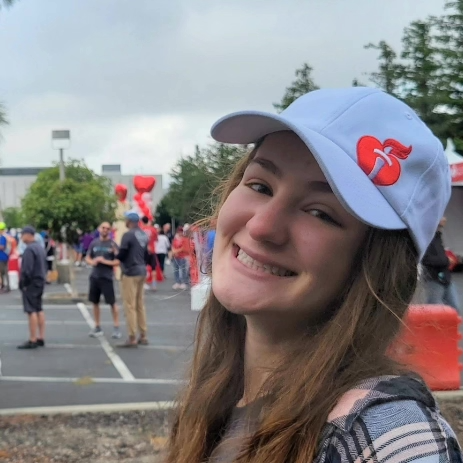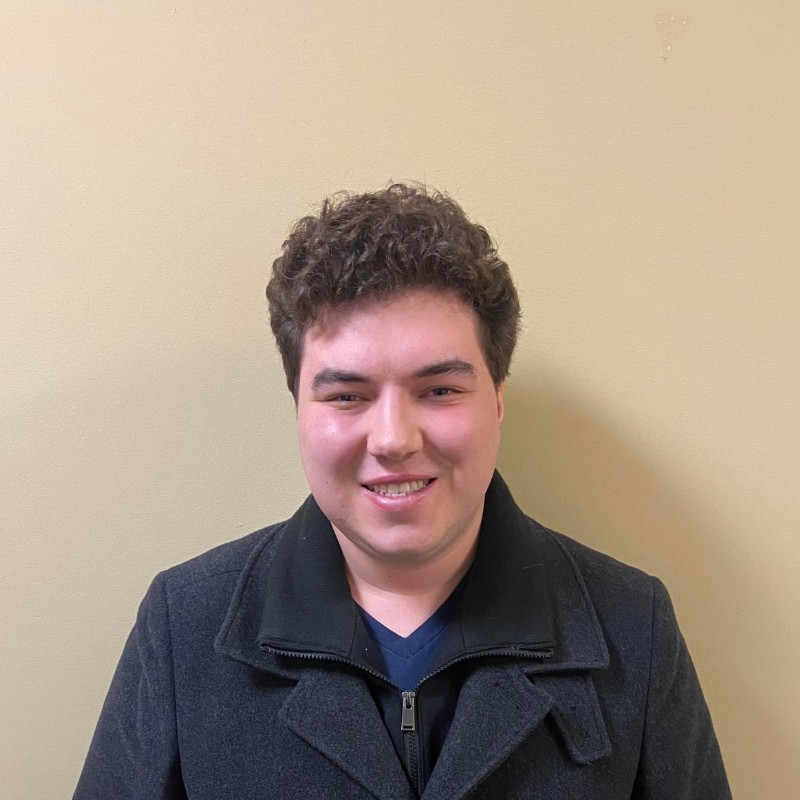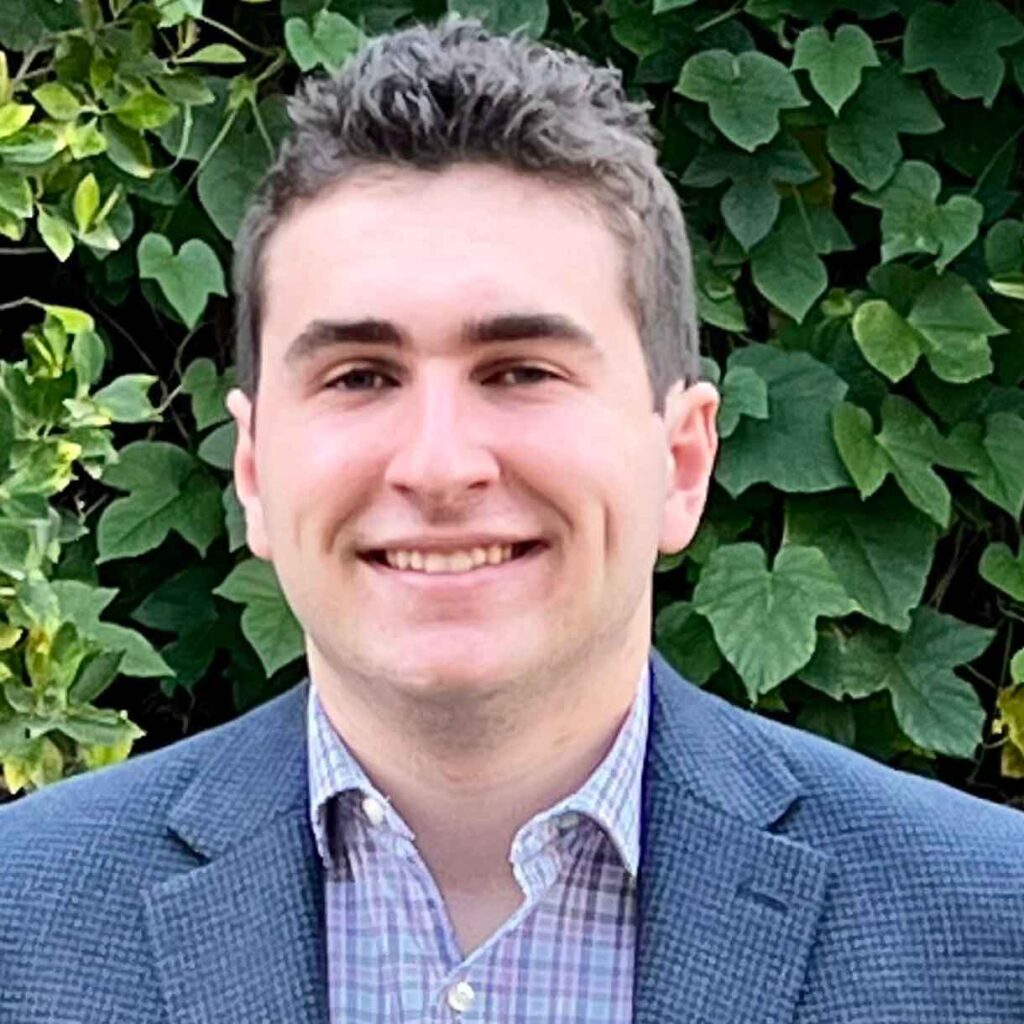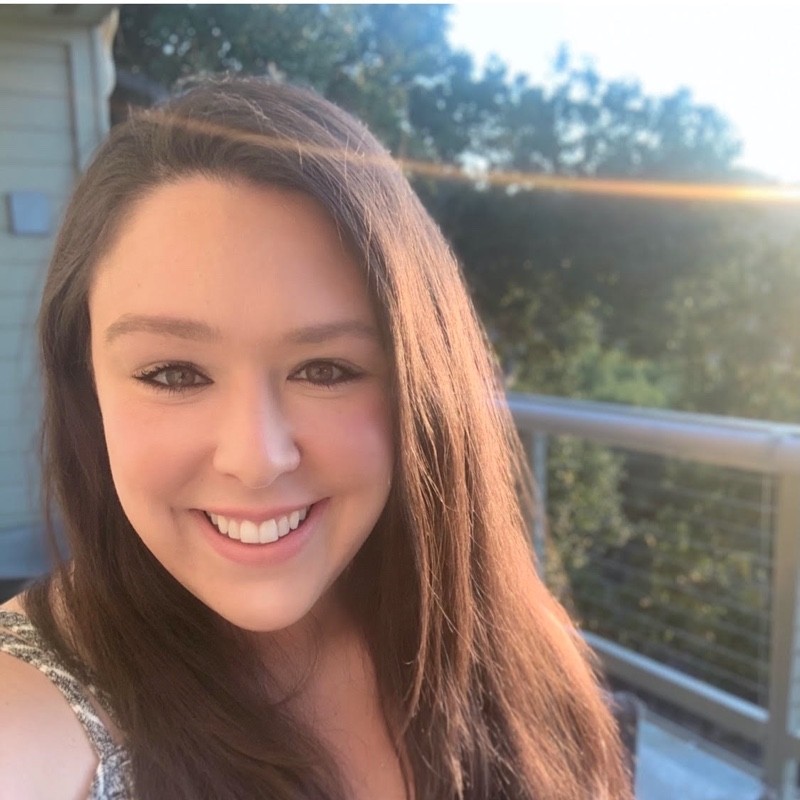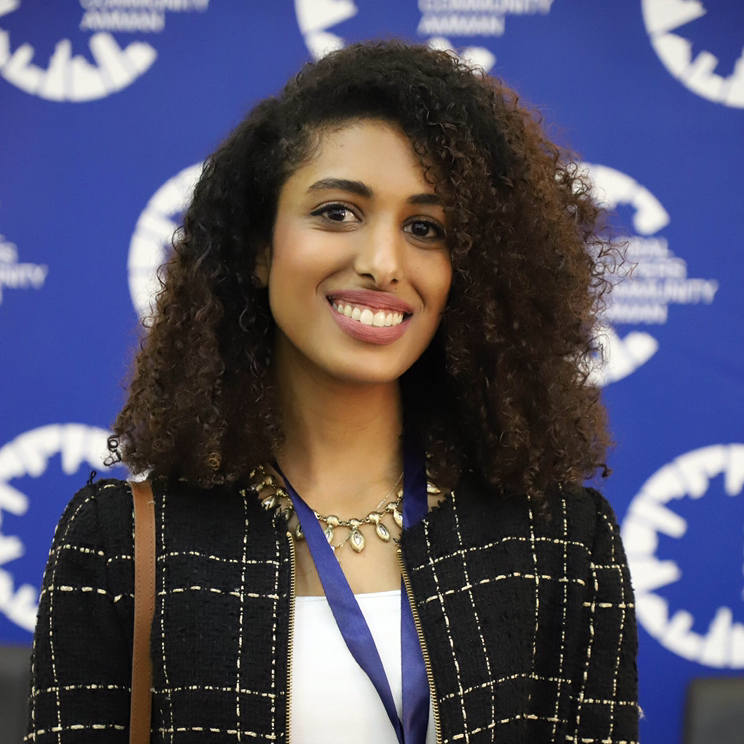
Meet Maha, a person with ADHD who was born in Oman and attended a private school that did not cater to her specific needs. She started feeling different from her elementary school peers and described her experience as if she had not "taken a life class I was supposed to attend." Maha struggled with self-esteem and remembered being in elementary school, choosing to read instead of socializing with other kids, and struggling with her mental health.
Maha got diagnosed with ADHD by a Dutch therapist years before her master's degree. However, even then, the culture in Oman was not open to the topic of mental health discussions or exploring neurodiversity. According to Maha, there was inaccessibility to a diagnosis of ADHD unless you were upper class. Even the upper classes could struggle unless a parent was aware or certain circumstances led to a diagnosis. There are still minimal places with certified neurodivergent experts and visiting a specialist to get a prescription can be expensive.
Post diagnosis, Maha could pick up tricks that helped with studying and managing her ADHD. There is an essential distinction between intellect and having a learning difference that Maha highlights. Maha succeeded in shorter courses and then got her Master's in the Netherlands, using the study strategies that she learned when she was diagnosed with her ADHD.
Maha's story is like others who learn about their learning differences later in their educational journeys. The most challenging issue to address has less to do with how Maha or anybody's ADHD or other learning difference affects them. Instead, it is a shock that services are only automatically given to some students who need them, especially given that it is vital for their learning and thriving across their lifespan.
Maha's story illustrates how across the international community, the way that LDs are talked about is vastly different, and there is a lack of general knowledge of LDs and how they affect a person's mental health. Furthermore, one of the most important takeaways is that in Maha's case, accommodation that could have been quickly rendered but wasn't made it hard for her to succeed. When the system does not give them the tools to succeed academically, it will transfer into their professional career.
One of the essential parts of Maha's story intersects with so many people who learn differently. Maha's story highlights the need for understanding in many ways. However, the clearest is the connection between ADHD and mental health. Furthermore, her story highlights the need for the international community to grapple with and understand the nuances of learning differences so that all people can thrive and not just survive across their lifespans.

